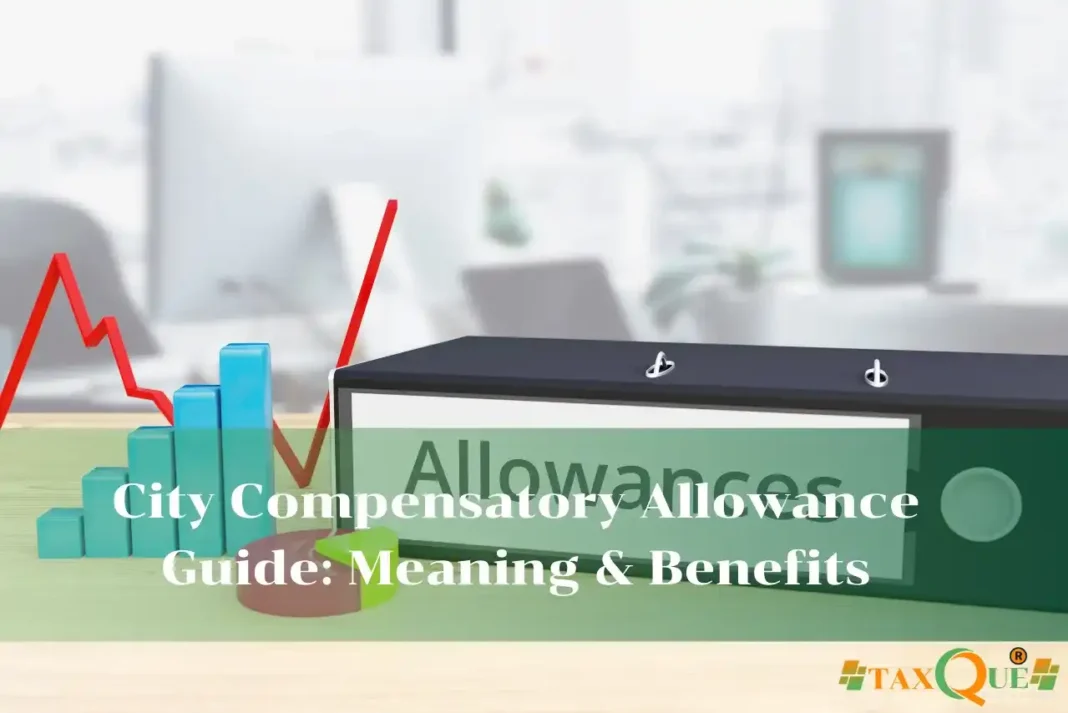Invest in REITs in India
Investing in Real Estate Investment Trusts (REITs) in India is a smart way to tap into the real estate market without owning physical properties. REITs pool money from investors to buy and manage income-generating assets like office buildings, shopping malls, and data centers. In 2025, with India’s economy thriving and global e-commerce sales projected to hit $6.86 trillion (Shopify), REITs are gaining popularity for their stable dividends and growth potential. This guide explains how to invest in REITs in India, their benefits, risks, and tips for success.
What Are REITs?
REITs, or Real Estate Investment Trusts, are companies that own, operate, or finance income-producing real estate. They allow investors to buy units, representing ownership in a portfolio of properties, and earn dividends from rental income. In India, REITs are regulated by SEBI and listed on stock exchanges like NSE and BSE, making them easy to trade. For example, Embassy Office Parks REIT owns commercial office spaces, while Nexus Select Trust focuses on retail malls (Groww).
Why Choose REITs?
- Diversification: Gain exposure to a variety of real estate assets.
- Regular Income: REITs must distribute at least 90% of taxable income as dividends.
- Liquidity: Units are traded on stock exchanges, unlike physical real estate.
- Professional Management: Experts handle property operations, saving you effort.
Steps to Invest in REITs in India
Investing in REITs is similar to buying stocks. Here’s how to start in 2025:
1. Open a Demat Account
You need a demat account to hold and trade REIT units, as they’re listed on NSE and BSE.
- How: Open an account with brokers like Zerodha, Angel One, or Motilal Oswal.
- Example: Sign up with Zerodha, complete KYC with PAN and Aadhaar, and activate your demat account in a day.
2. Research and Choose a REIT
India has four listed REITs managing assets worth ₹1,52,000 crore. Research their performance, dividend yields, and property portfolios:
- Embassy Office Parks REIT: Focuses on office spaces in Bengaluru and Mumbai.
- Mindspace Business Parks REIT: Owns business parks in Hyderabad and Pune.
- Nexus Select Trust: Specializes in retail malls across India.
- Brookfield India Real Estate Trust: Diversified in office and warehouse spaces.
- Example: Check Embassy REIT’s 7% dividend yield on Smallcase to decide if it fits your goals.
3. Buy REIT Units
Purchase REIT units through your broker’s platform, just like stocks.
- How: Log in to your trading account, search for the REIT (e.g., EMBASSY), and place a buy order at the market price.
- Example: Buy 100 units of Nexus Select Trust at ₹100 each, costing ₹10,000, via Angel One’s app.
4. Monitor and Manage Your Investment
Track your REIT’s performance, dividends, and market trends. Hold units for long-term income or sell on the exchange.
- Tip: Use Moneycontrol for real-time REIT prices and news updates.
Benefits of Investing in REITs
Investing in REITs offers several advantages for Indian investors in 2025 (ET Money):
- Steady Income: REITs pay quarterly dividends, often yielding 6-8%. For example, Brookfield REIT paid ₹6 per unit in FY 2024-25 (Business Today).
- Low Entry Barrier: Start with as little as ₹10,000, unlike direct real estate requiring crores.
- Liquidity: Trade units on NSE/BSE, offering flexibility compared to physical property.
- Transparency: SEBI regulations ensure clear financial reporting and compliance.
Risks and Challenges
While REITs are attractive, they come with risks:
- Market Volatility: REIT prices can drop with stock or real estate market fluctuations.
- Interest Rate Sensitivity: Rising rates increase borrowing costs, impacting dividends.
- Regulatory Changes: SEBI or tax law changes can affect REIT operations.
- Lower Trading Volumes: Some REITs may have less liquidity, making selling harder.
To mitigate these:
- Diversify across REITs and other assets like mutual funds.
- Monitor economic trends, especially interest rates.
- Hold REITs for 5-10 years to benefit from compounding dividends.
Tips for Success in REIT Investing
To maximize your REIT investment:
- Compare REITs: Check dividend yields and property quality on Smallcase.
- Reinvest Dividends: Use dividends to buy more units, boosting returns over time.
- Stay Informed: Follow real estate and market news on Moneycontrol.
- Consult Experts: Use Motilal Oswal for tailored investment advice.
- Start Small: Begin with a small investment, like ₹10,000, to test the market.
FAQs
1. What are REITs in India?
REITs are companies that own income-generating real estate, distributing at least 90% of profits as dividends, regulated by SEBI (NISM).
2. How do I start investing in REITs in India?
Open a demat account, research REITs like Embassy or Nexus, buy units on NSE/BSE, and monitor dividends (ICICI Direct).
3. What are the benefits of REIT investing?
REITs offer steady dividends (6-8% yield), liquidity, diversification, and professional management, ideal for passive income.
4. What risks should I watch for with REITs?
Market volatility, interest rate hikes, and regulatory changes can impact REIT prices and dividends (Groww).
5. Which are the top REITs in India for 2025?
Top REITs include Embassy Office Parks, Mindspace Business Parks, Nexus Select Trust, and Brookfield India Real Estate Trust (Smallcase).
Conclusion
Learning how to invest in REITs in India in 2025 is a great way to enter the real estate market without the hassle of owning properties. With simple steps—opening a demat account, researching REITs, buying units, and tracking performance—you can enjoy steady dividends and growth. Despite risks like market volatility, REITs offer diversification and liquidity, making them a compelling choice. Use platforms like Motilal Oswal for expert guidance and start your REIT investing journey today for a secure financial future!





